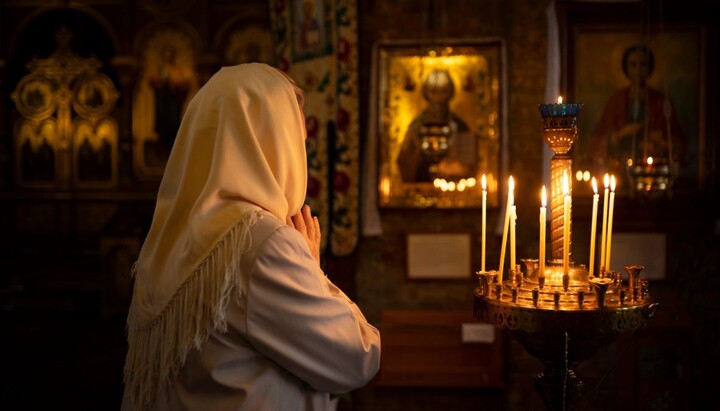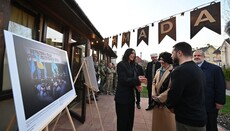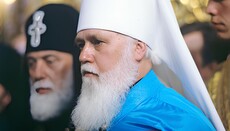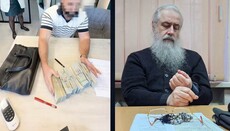National Day of Prayer: Sincerity or Hypocrisy?

The Verkhovna Rada of Ukraine has registered a draft law to establish a National Day of Prayer, proposed to be observed on February 24 – the anniversary of the full-scale Russian invasion of Ukraine.
The authors of the initiative believe that:
- Prayer to God is a supernatural force for victory;
- Prayer will protect Ukraine;
- Prayer will symbolize our faith in victory;
- Prayer will testify to the spiritual unity of the people;
- The law envisions prayers for victory and the restoration of Ukraine's territorial integrity.
On this day, the Rada plans to sing "Bozhe Velykyi Yedynyi" ("O Great and Only God"), and special events will be organized nationwide, developed by the Ukrainian Council of Churches and Religious Organizations (UCCRO).
Prayer is undoubtedly an important spiritual act. However, there are several questions that cannot be overlooked.
1. Who calls for prayer?
Of the 37 initiators of the bill, the majority are deputies who actively supported banning the Ukrainian Orthodox Church. How could they fail to see the contradiction in their "noble" intention? If you fight against the Church of Christ, deprive it of temples, clergy, and the ability to freely profess its faith, how can you then organize a national prayer?
2. What kind of spiritual unity is this?
"Spiritual unity of the people" is impossible when millions of Ukrainians are declared "second-class citizens," deprived of their churches, and branded as enemies within their own country.
3. What does prayer mean?
Prayer is not a "symbol of faith in victory," as the initiators claim. Christian prayer is a conversation with God, an act of humility and repentance, a striving to know His will. It should not be a tool for achieving political goals. A Christian can believe only in Christ, not in victory, an ideology, or the state.
The proposal to establish a National Day of Prayer appears to be a politically motivated decision entirely devoid of spiritual foundation. Those who prohibit others from praying, humiliate and insult them, have no moral right to speak of "spiritual unity" or to call the people to common prayer.
This is hypocrisy and extreme cynicism, as prayer to God cannot tolerate deceit or pretense. Prayer is not a declaration or a symbol but a living appeal to the Creator, who knows each heart. If the initiative to establish a Day of Prayer is not driven by a desire for genuine unity but by a wish to demonstrate self-righteousness while concealing a fundamentally godless essence, such prayer comes across as blasphemous mockery. One cannot speak of peace and unity while simultaneously destroying what belongs to God.











